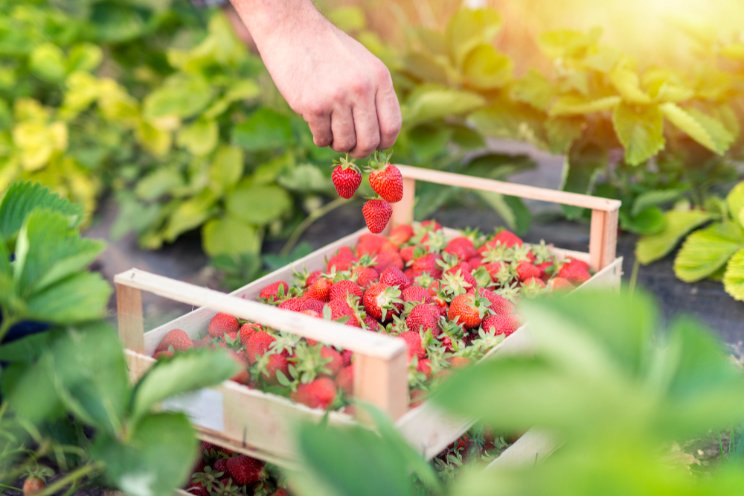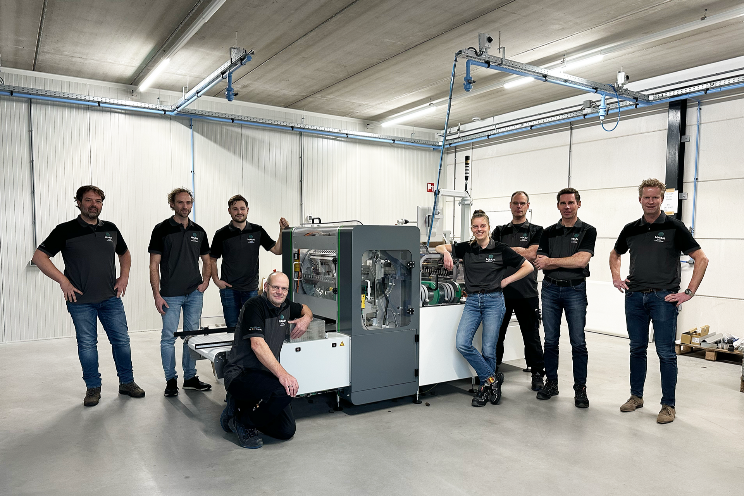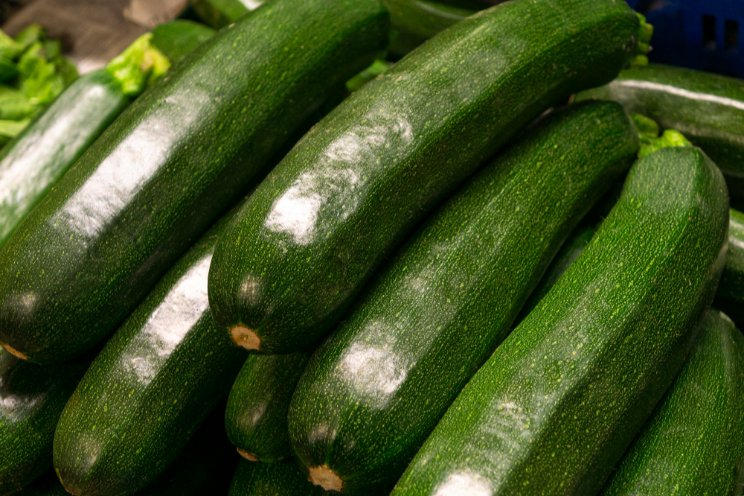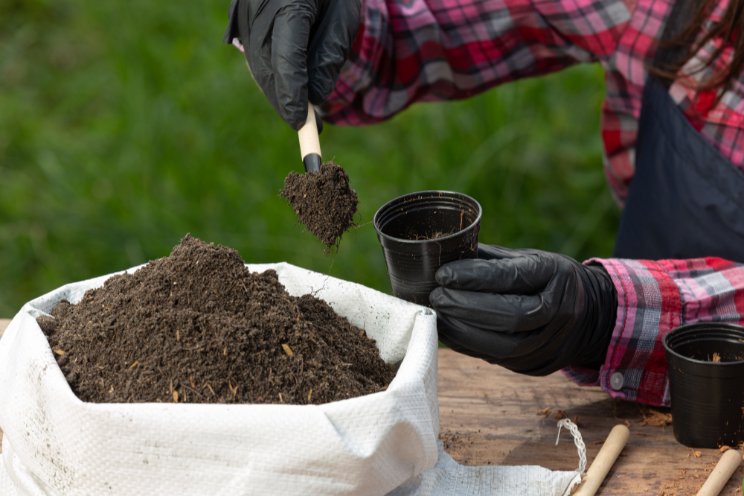New greenhouse in Colorado as local businesses slowly reopen
Added on 25 May 2020

The 30,000-square-foot facility, which is adjacent to local food hall and urban market Stanley Marketplace, is located on an abandoned runway at the former Denver Stapleton Airport site that has been vacant for decades.
The announcement coincides with an order unveiled by Colorado Governor Jared Polis in April that allows certain businesses to gradually reopen with continued cautions against the novel coronavirus.
Gotham Greens notes it is willing to partner with restaurants and foodservice customers in the area as a supplier once they restart.
"Although we never envisioned our launch happening during a global pandemic, we're proud to be providing people across the country with healthy, fresh food options they can get excited about," Puri, who is also the CEO of the company, said.

The greenhouse in Colorado is Gotham Greens' eighth location. GOTHAM GREENS
The Colorado plant, which is Gotham Greens' eighth greenhouse in addition to its existing ones in New York; Baltimore, Maryland; Providence, Rhode Island; Chicago, Illinois, is expected to produce nearly two million heads of lettuce annually, and add 30 full-time jobs to the region.
Puri told me during a phone interview that the facility buildup was made possible after Gotham Greens closed a $29 million series C funding in 2018, led by New Jersey-based Silverman Group with additional participations from global private equity firm Creadev controlled by the Mulliez family.
Decentralizing the supply chain
Gotham Greens' expansion comes as the agricultural industry is consolidating through several mega mergers between major chemical and seed companies, such as Dow and Dupont, Monsanto and Bayer, leading the fate of farmers to fall into fewer corporations.
Critics say the trend is driving the global food supply chain to centralize over time, making it increasingly vulnerable to natural disasters. That idea has concerned Puri even prior to launching his company.
"I was really struck by the conventional supply chains, specifically things like leafy greens — about 97% of which are grown in two counties on the West Coast, one in California and the other in Arizona," Puri said.
"Those are highly centralized supply chains that depend a lot on migrant farmers and are susceptible to climate risks [since the products] have to go through a lot of distribution and middle men before reaching the end consumer on the East Coast when they are not as fresh and nutritious."
Gotham Greens essentially decentralizes the supply chain by growing produce in close proximity to dense populations, thus ensure the safety and freshness of vegetables.

Gotham Greens has aimed to create a consumer-facing brand since the beginning of its business. GOTHAM GREENS
All its data-driven greenhouses are enabled with sophisticated technology, and use hydroponics since leafy greens are particularly suitable to this growth methodology, according to Puri.
He said: "[Leafy greens] are a $10 billion category, and our greenhouses yield very high productivity with an attractive profit margin."
However, the production of grains, such as wheat and corn, will unlikely follow Gotham Greens' business model in the future as it requires a much larger scale to grow.
Puri added: "[For grains], we're talking about tens of thousands of acres under cultivation, and you won't be able to produce these commodities profitably and sustainably [through urban farming]."
Leveraging e-commerce amid COVID-19
Since the beginning of Gotham Greens' journey, the team has always wanted to create a consumer-facing brand of fresh produce, which Puri notes "wasn't the norm" among most vegetable farmers.
The company has so far developed a line of branded salads and cooking sauces, and its salad dressings are being rolled out across U.S. Whole Foods stores.
Like many other consumer brands, Gotham Greens also finds e-commerce a sweet spot to grow its sales as people are increasingly buying food online during the COVID-19 pandemic.

Gotham Greens is seeing a surge in online sales during COVID-19. GOTHAM GREENS
"We're working strongly with our direct-to-consumer partners such as Instacart, Amazon Fresh, and FreshDirect … and we are seeing a surge in both online and brick-and-mortar sales," Puri told me, noting Gotham Greens has experienced a 25% revenue boost since COVID-19 was declared a pandemic in March.
"Certain weeks and months have more than doubled that," he added. "We've been growing steadily — mid to high double-digit in revenues — over the past 10 years."
Puri notes Gotham Greens is in the process of raising another $60 million investment led by its existing investors, since it is a "capital intensive" business, and is expecting to close by the end of 2020.
The additional funding will help the company build more greenhouses and launch new retail products.
Photo Courtesy of GOTHAM GREENS
Source: Forbes
Source: Forbes
More news















